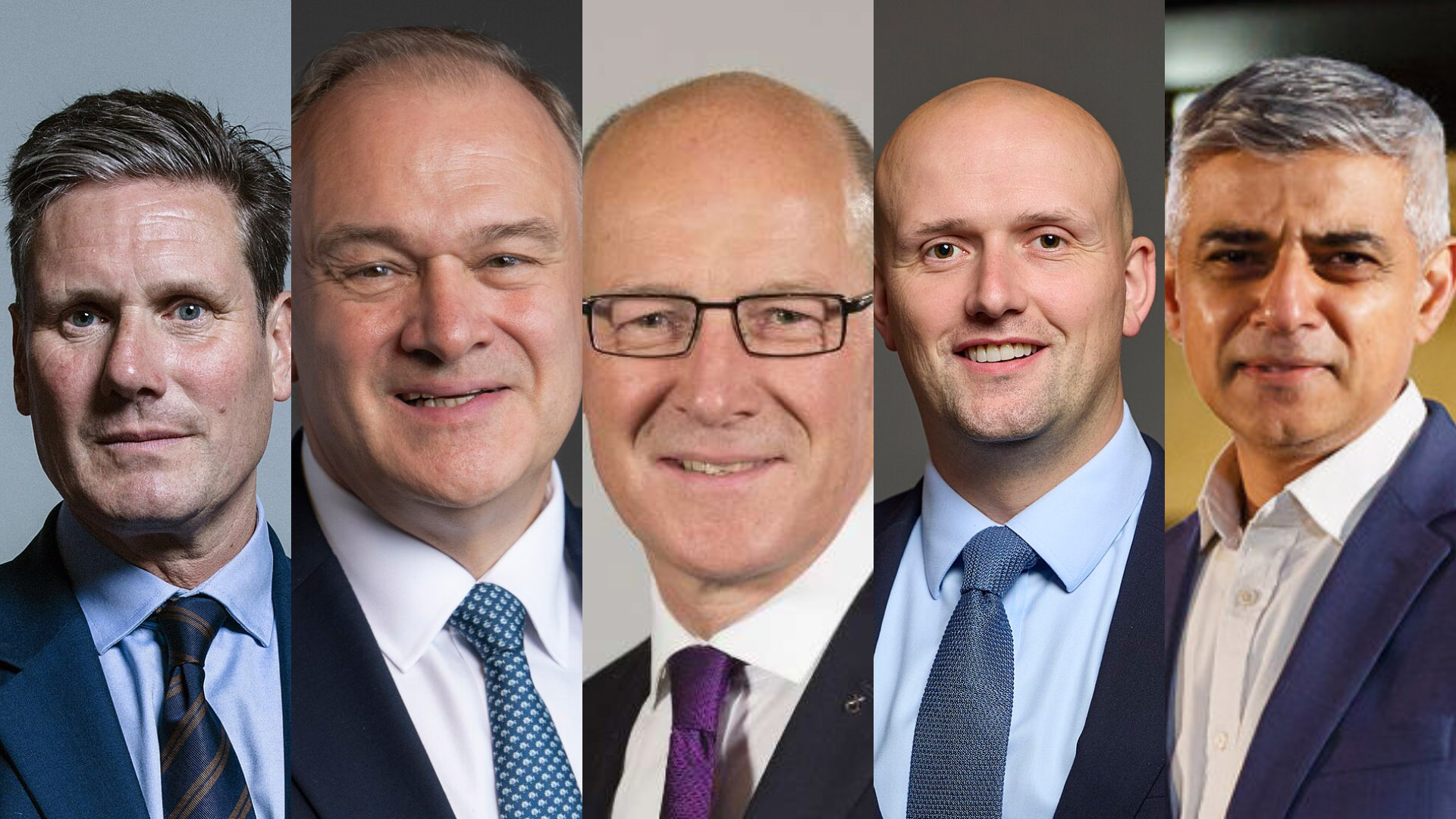
Elham Asaad Buaras
Germany witnessed a sharp rise in anti-Muslim hate crimes in 2024, with authorities recording more than 1,550 incidents, official data reveals.
Between January and December last year, attackers targeted at least 54 mosques, while Islamophobic violence left 53 people injured. The Interior Ministry disclosed these alarming figures in response to a parliamentary inquiry by opposition Left Party lawmaker Petra Pau.
Law enforcement documented 1,554 anti-Muslim hate crimes and attacks in 2024, marking an increase from 1,536 the previous year. These incidents ranged from social media harassment and threatening letters to disruptions of religious practices, physical assaults, and property damage.
As home to Western Europe’s second-largest Muslim population after France, Germany hosts nearly 5.5 million Muslims among its 85 million residents.
The growing influence of the far-right Alternative for Germany (AfD) party has significantly contributed to mainstream anti-Muslim rhetoric. The party’s manifesto explicitly states that Islam does not belong to Germany, a stance that continues to shape public perception and policy discussions.
Research indicates that Islamophobia extends beyond extremist circles. Surveys show that nearly half of Germans support anti-Muslim statements, reflecting deep-seated hostility and scepticism towards Islam. Government-commissioned studies further highlight the pervasiveness of these sentiments, yet authorities face criticism for their sluggish response in implementing effective countermeasures.
Legislative actions, such as bans on specific religious garments in schools and public service roles, have drawn scrutiny for allegedly targeting Muslim practices. Critics argue that such measures reinforce discrimination rather than promote integration.
Muslims in Germany, particularly women wearing headscarves, frequently encounter prejudice in employment, education, housing, and public spaces. This rising Islamophobia has profoundly impacted the Muslim community’s sense of security and belonging.
Many victims hesitate to report incidents due to distrust in authorities and scepticism about whether meaningful action will be taken. As Germany grapples with this surge in anti-Muslim crimes, calls for stronger protections and decisive government action grow louder, urging a more inclusive and tolerant society.

